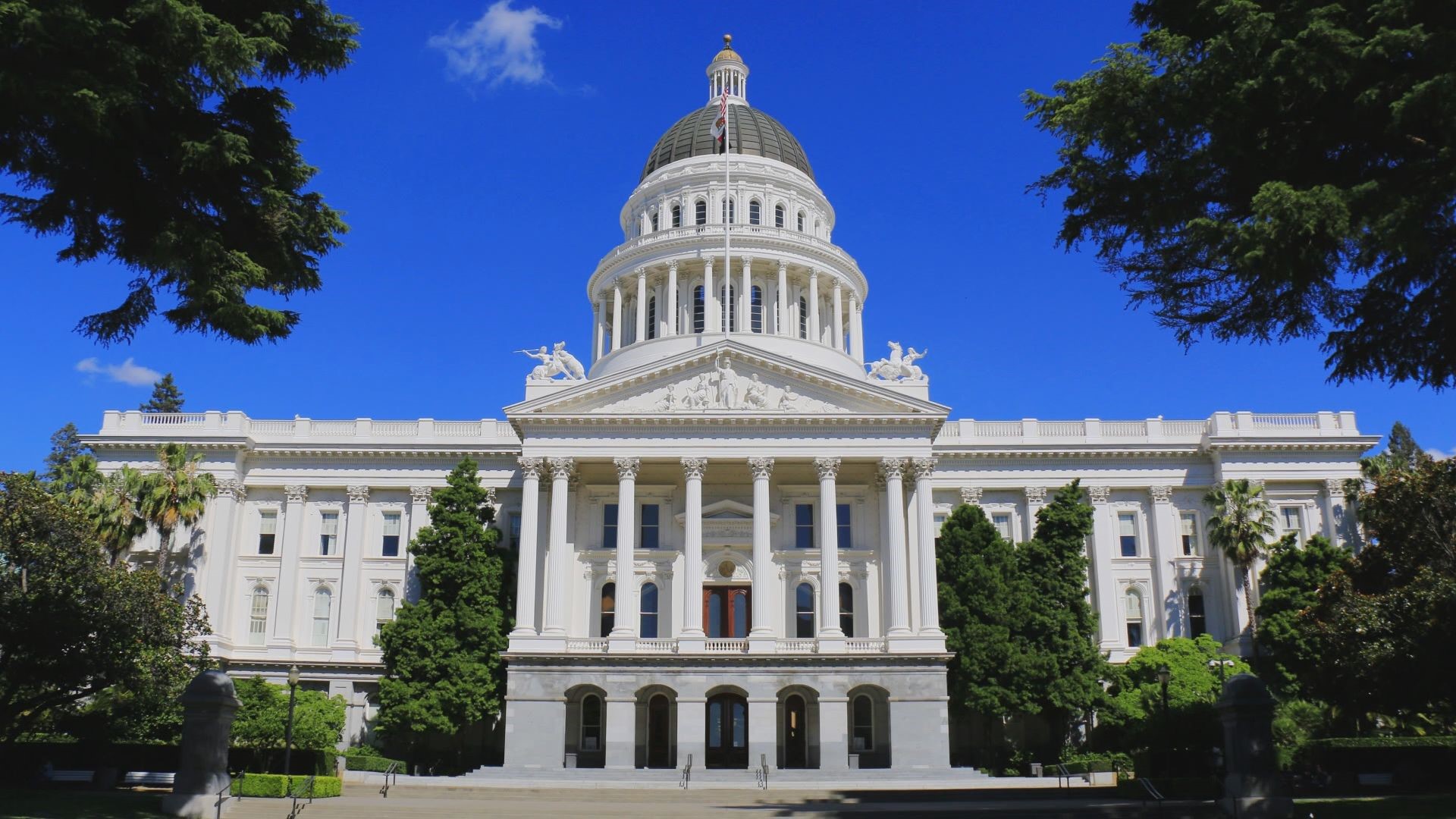SACRAMENTO, Calif. — California’s first-in-the-nation Reparations Task Force is meeting this week, hearing testimony from experts on the topics of technology, public health, mental health and physical health.
The task force’s work is ground-breaking; state lawmakers passed legislation back in 2020 to form it, making California the first state to enact such an initiative.
The nine members are tasked with studying slavery and its lasting impact on the lives of Black Americans, as they explore what reparations might look like and come up with proposals.
This is the task force's sixth series of meetings since their first one in June, tackling a different topic each time.
They're set to write a report with their findings in 2023.
During Thursday's meeting, one member — State Senator Steven Bradford (D-Gardena) — shared his experience of discrimination in the tech industry.
"My first job out of college was with IBM. I was a marketing rep, selling technology in the 80s, and I was given the most sh***y – I’m just going to say that - territory to try to sell technology, where my white counterparts were given Beverly Hills, Century City, things of that nature,” Bradford said. “And I was given commerce, downtown, industrial areas, where they weren’t interested in technology 35 years ago, so that discrimination went on there and it’s still going on now in the marketing space as well."
He shared his story after the task force heard testimony from experts who study technology and racial disparity, including Professor Safiya U. Noble, co-founder and director of the UCLA Center for Critical Internet Inquiry.
"The tech sector is fast-growing and has a high incident of well-paying jobs, but the disparities in funding and hiring contribute to the persistence of the racial wealth gap,” Noble testified. “African American employees are often then subject to racism within their workplace and, in some instances, pushed out for doing the very work they were hired to do."
Task force members also heard from Debra Gore-Mann, president and CEO of the Oakland-based Greenlining Institute, a non-profit organization that seeks to, “Address the root causes of racial, economic, and environmental inequities in order to meaningfully transform the material conditions of communities of color in California and across the country” through changes in public policy and building bridges between communities, the website says.
"The tech equity — or disequity — for the Black community is represented in governance, in access to power, in allocating and redistributing resources to communities,” Gore-Mann said, adding that tech companies play a major role in whether disparities persist or resolve.
“These tech companies will either perpetuate this landscape of discrimination and the wealth gap…or reshape it,” she said.
Experts covered topics Thursday related to tech in many areas, including policing, health, education and housing.
Noble explained a term in the tech-and-equity conversation called “digital redlining.” She said it has been used to describe two distinct issues.
“First, internet service providers or ISPs resist extending high-speed broadband into communities they do not consider potentially returning on infrastructural investment. This has far-reaching consequences, depressing access to avenues of economic opportunity, opportunities to civic engagement, access to government service and access to education,” Noble said. “Second, ‘digital redlining’ also refers to the implementation of algorithmic systems that further predatory loan practices, surveillance advertising and discriminatory housing practices.”
Gore-Mann advised the task force to take digital redlining into consideration as they work on their reparations proposal, for their report due in 2023.
“If we’re closing the gap for Black communities but we don’t address technology and how it’s perpetuating the redlining, we’re going to be addressing that same reparations again,” Gore-Mann said.
Task force members will continue their two-day January meeting on Friday, discussing the topic of mental and physical health. People can watch the conversation live, HERE.



















